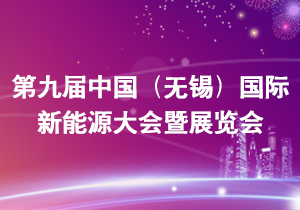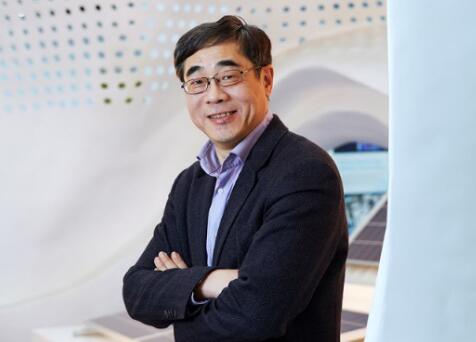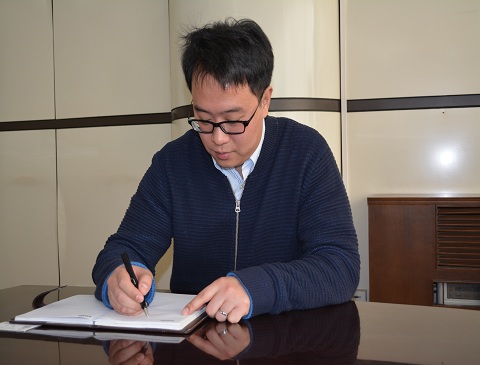Damage limitation to JinkoSolar’s image and reputation kicked into gear during a hastily arranged telephone conference call to provide its side of the fluoride chemical waste leak at its cell manufacturing facility in Haining City, Zhejiang Province, China. The leak into a local small river sparked demonstrations and damage to offices and vehicles at the plant that had been picked-up by the international mainstream media.
Earlier optimism from the company that production would restart in a matter of days has been dashed with management uncertain about when the plant would get environmental agency certification, local government consultation and local village discussions completed due in part to a 7-day holiday period, starting on the 1st of October.
In the Q&A session comments from management highlighted that regaining certification of the plant would technically mean the plant could restart operations, though management were uncertain when that certification would be granted. Therefore the plant may remain closed until the second week of October.
Although the plant was said to be ISO 14001 compliant, facility management issues were a potential contributor to the fluoride waste solution leak.
Management described the scene of operations leading up to the leak, noting that warehouse storage capacity for waste fluoride was 4 days, yet a registered waste disposal firm, contracted to remove solid waste made pick-ups every 3 days.
However, the understanding is that the disposal firm, which operated outside the area, had to cancel the contract on August 20th as their local government had stopped them from dumping the solid waste at previously authorised facilities.
A new contractor was sought and began solid waste removal on August 26th, but contracted for collections every 2 days.
It was during this period that bins had to be stored outside, though covered there had been heavy wind and rain during the interim period before the new waste disposal firm started operations, which the company acknowledged could have been the source for rain water and fluoride being washed into the river at the edge of the facility.
JinkoSolar reiterated that the plant's waste water system connects to the municipal sewage system, which in turn delivers sewage water for further treatment at the Haining municipal treatment plant, with no waste going into the nearby narrow river.
Damage limitation
JinkoSolar management went on to highlight that the local village official, which had been responsible for disseminating misinformation blaming the company for dead fish seen in the river and the claimed organiser of the demonstration that turned violent, had been arrested by the police, over the matter.
The company also noted that many of those arrested over the incident were known criminals and people from outside the 3,000 local village population.
Facility upgrades
JinkoSolar said that it taken action to isolate the affected water channel section and treated the affected water and soil. It had also built a water collection system around the warehouse and the extended outdoor storage area to prevent further potential leakages. Additionally, a retaining wall is to be built to separate our facilities from the nearby water channel, though this would take approximately a month to complete, management said.
Although responsibility for the discharge was said to be still under investigation JinkoSolar noted that it intended to pay compensation for the crop damage as well as for the death of any livestock and wildlife arising from the incident.
There had been no deaths or illnesses reported to authorities over the leak, according to the company.
The company is also seeking to hire a third-party international environmental firm to conduct audits of all its facilities as it attempts to manage the wide spread negative media coverage of the incident. However, it said it needed Chinese Government approval before it could undertake the facilities audit.
Several times during the conference call, management reiterated that customer shipments would not be impacted by the continued closure of the cell manufacturing plant as solar cell tolling arrangements were already in place an there was excess capacity in China at the moment that meant there was no shortage of suppliers able to meet their needs.
Management noted several times after questions from financial analysts on the call that no customers had cancelled orders for its modules since the incident hit the headlines.
- 第九届中国(无锡)国际新能源大会
-
 本届新能源大会以“新城镇、新能源、新生活”为主题,举办2017全球新能源产业峰会及“光伏+”跨界、绿色建筑、分布式市场营销等10场专业论坛,国家能源局新能源和可再生能源司...
本届新能源大会以“新城镇、新能源、新生活”为主题,举办2017全球新能源产业峰会及“光伏+”跨界、绿色建筑、分布式市场营销等10场专业论坛,国家能源局新能源和可再生能源司...














